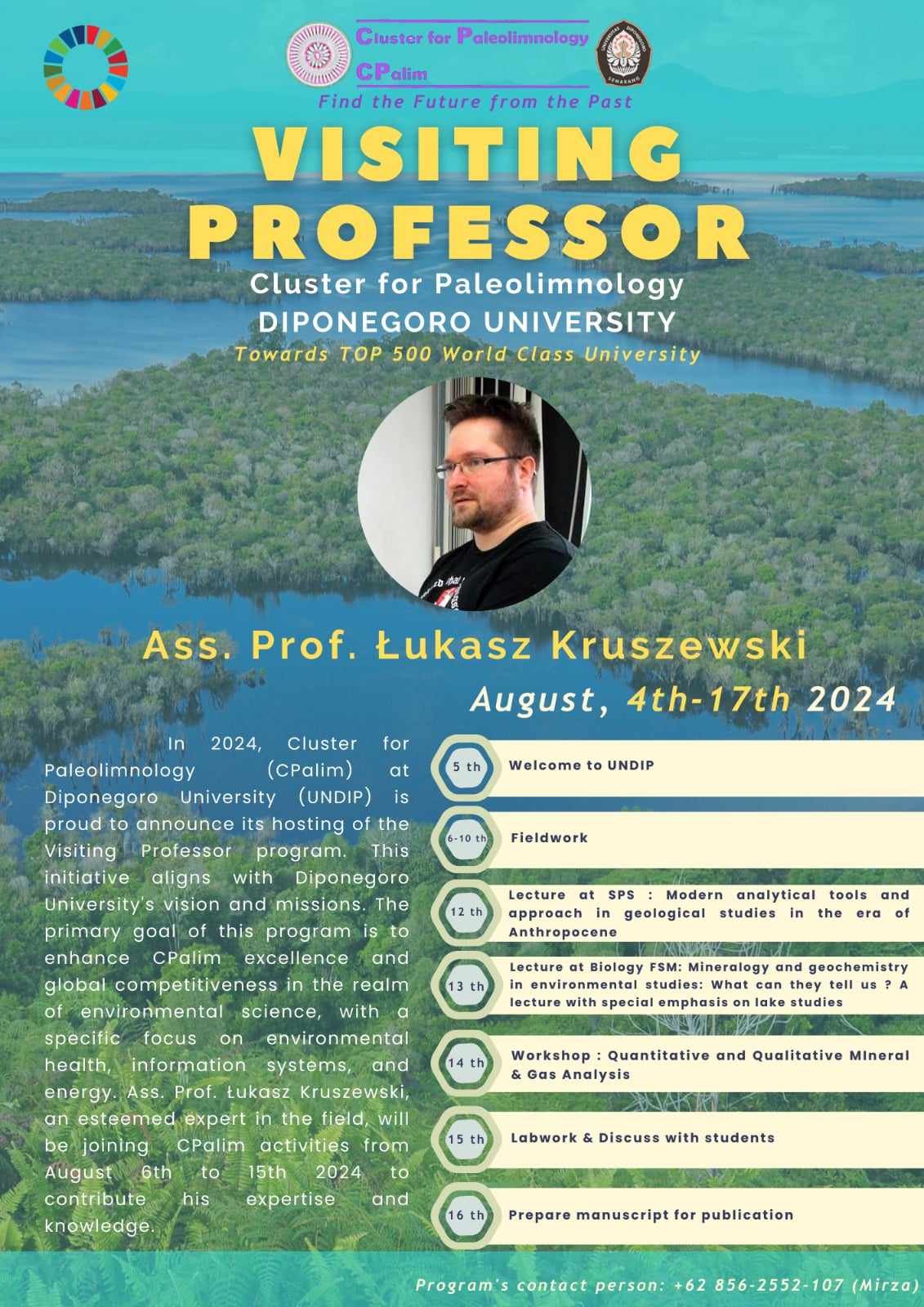A short report on the visit of our employee (prof. IGS PAS Łukasz Kruszewski) to Universitas Diponegoro (Indonesia)
The visit, on August 1-18, 2024, stood for the next stage of the recently initiated - thanks to the scientific activity of Dr. Marta Wojewódka-Przybył - research cooperation between the IGS PAS and the Universitas Diponegoro (UNDIP) of Semarang (Central Java), as part of a memorandum signed with the representative of UNDIP, prof. Tri Retnaningsih Soeprobowati (Fakultas Sains dan Matematika, FSM, and Cluster for Paleolimnology, CPalim).
The visit consisted of:
- lectures by our employee on the potential of mineralogy and geochemistry in (palaeo)limnological research (FSM; School of Postgraduate Studies)
- training in qualitative and quantitative mineralogical analysis (PXRD / Rietveld, TOPAS software) and gas analysis (presentation of the portable GASMET DX4000 system and Calcmet program)
- consultations with students working on various limnological and biological/environmental topics (including participation in the defense of the master's thesis), mainly in the field of publishing and results discussion
- field work (several days of research on oxbow lakes in the Kota Palangkaraya region, Central Borneo, in cooperation with representatives of Universitas Palangkaraya, UPR; research on the Rawa Pening lake, Central Java), including the application of innovative methodology for gas emission research
- lecture at a seminar at the UPR
- participation (a short talk) in the Inauguration of the Newcome Students
- meeting with geologists from UNDIP and insight into their current research problems (including presentation of the possibilities equipment and access to research in Poland) - discussions with botanists from UNDIP in the context of joint research (including implementation of the topic of botanical indicators of carbon environments; application of pedomineralogy in botanical research)
The visit already continues, with a lecture on the "Pit lake from mining and the solution" on 02.09.2024, via Zoom.
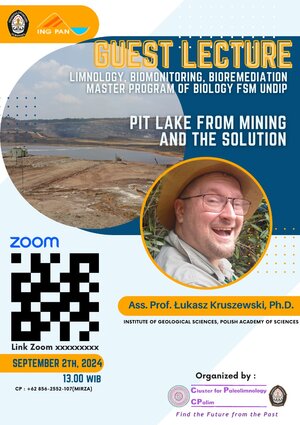 | 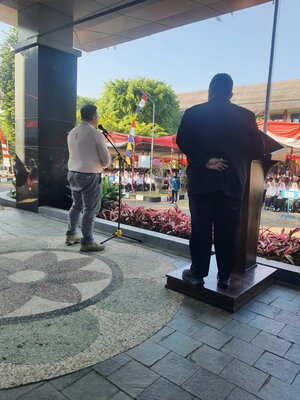 | 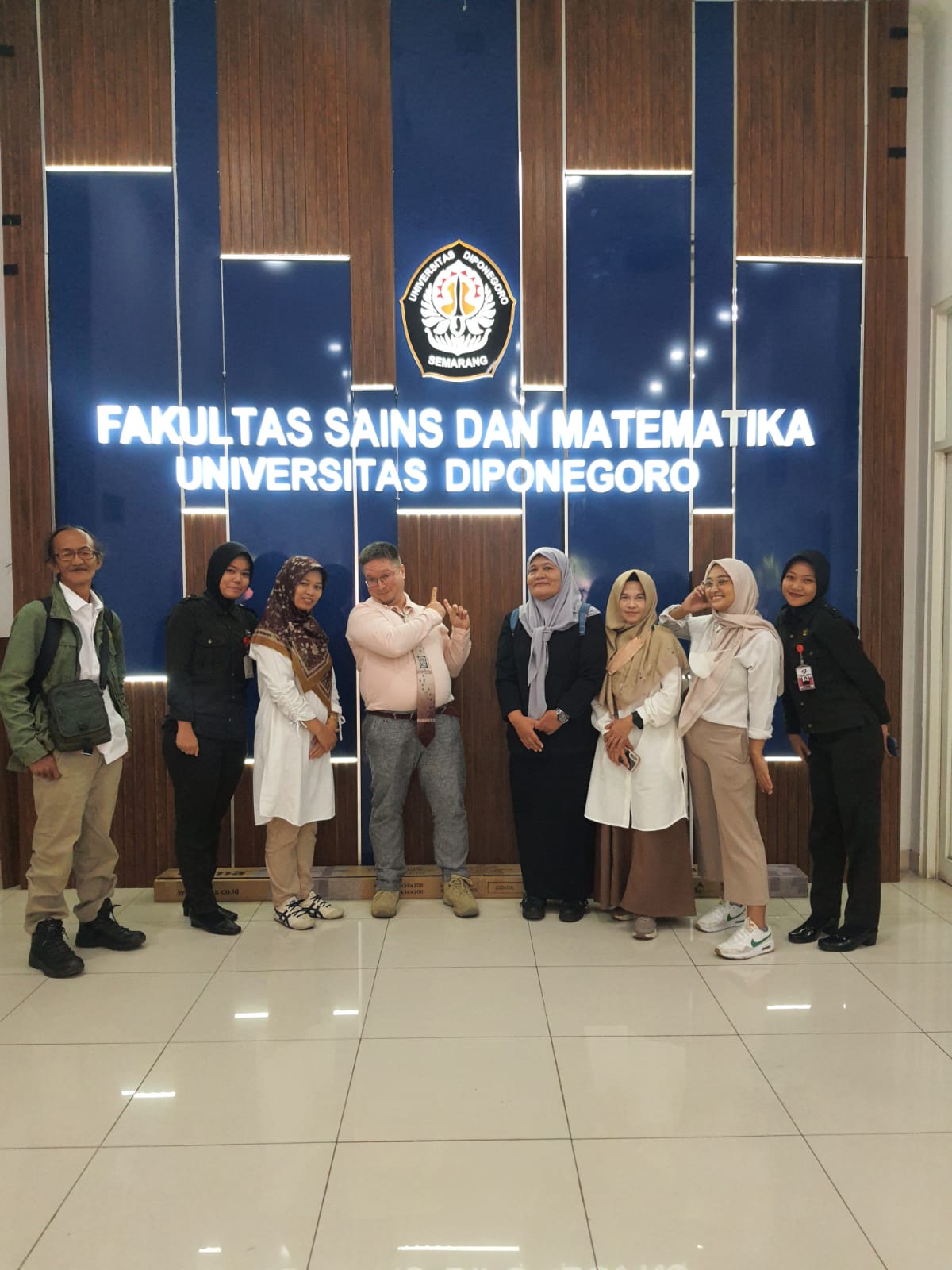 |
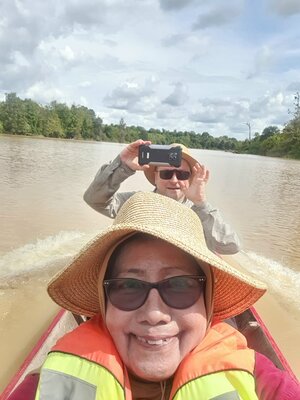 | 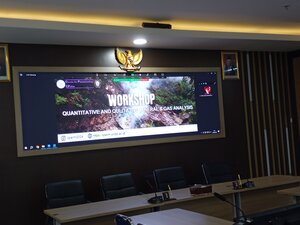 | 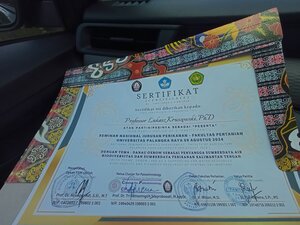 |
